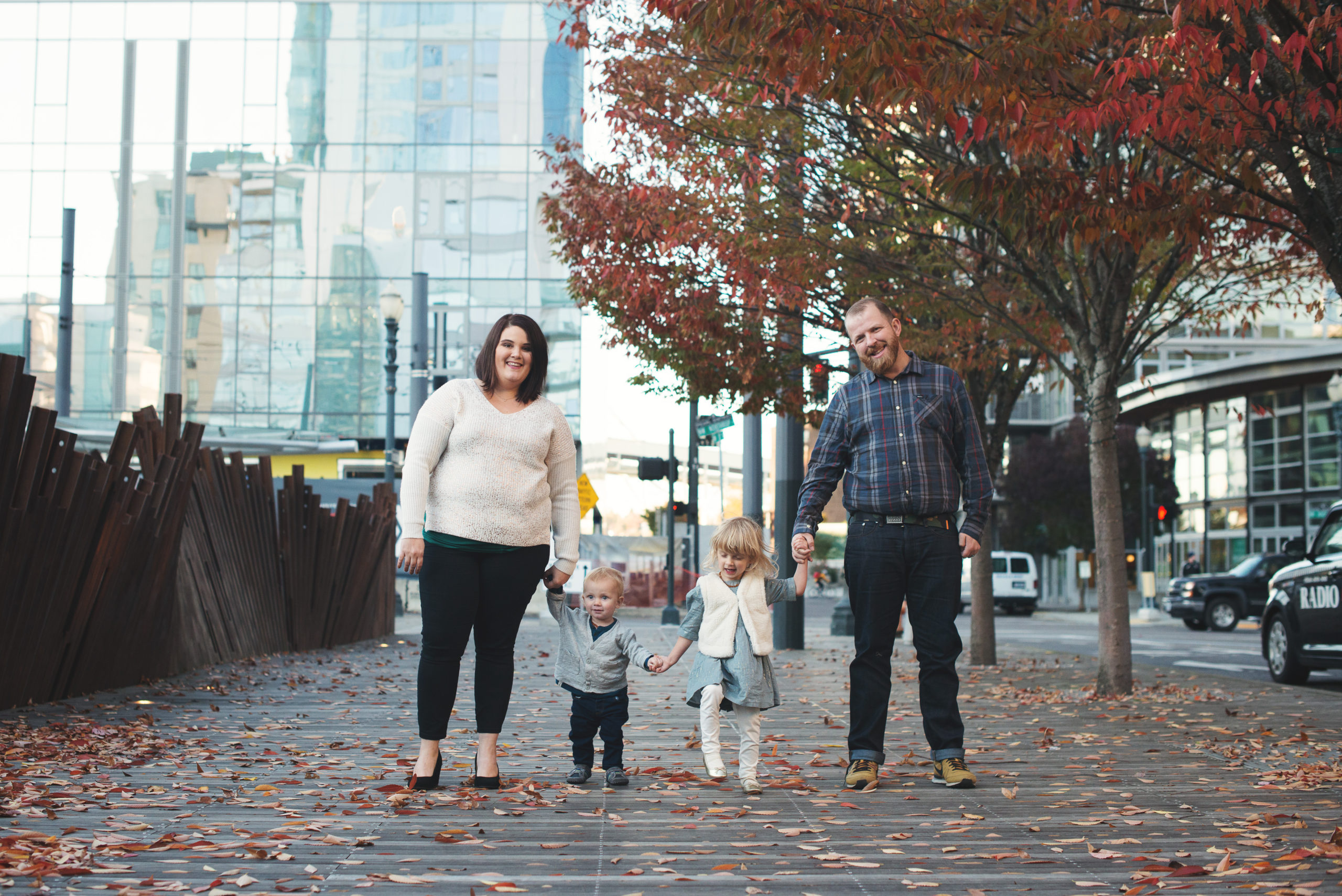We have a slight obsession with books at our house. So much so I feel like we need a new bookshelf every month. One of our most important and beloved collections are our reference books. While we love a beautiful story we enjoy a good reference book just as much. However, when choosing books for your reference library there are a few important things to consider:
- Choose books that grow with your child.
- Choose books that have clear and beautiful photos and illustrations and bonus if they are interactive (see my next bullet)
- Choose books that are interactive, children learn with all their senses and books that encourage them to use multiple (ie. lift the flap, books with textures) help them to learn.
- Choose books that are without political/religious bias and contain factual information.
- Choose books that speak to your child but not down to them.
Books You May Want to Consider (and links* to books we love):
- World Atlas – Maps, 50 States
- Encyclopedia [Animalium, Botanicum, Julia Rothman Collection]
- Topic Specific Books – based on Children’s Interest
- Language [Spanish, Chinese, French]
- Technology [Computers, Coding]
- Field Guides [Animal Tracks, Seashells, Birds, Trees]
- Art & Music [Shakespeare, Famous Art, Orchestra Music]
- History [World Religions, Historium]
- Biographies [Amelia Earhart, Jane Goodall, Grandma Gatewood]
The books that you will pick for your reference library will be so personal to your family and child(ren) interest. It will also grow overtime. We tend to choose books to add to our reference library based on the current interest of our children. For example right now they are really into animals so we have picked up books such as Actual Size by Steve Jenkins, Crazy About Cats by Owen Davey, and The Big Books of Blue by Yuval Zommer. Perviously they were all about outer space and bugs and trains.
For us it is important to do what we can to help facilitate our children with books and resources that support their interest. Sometimes we buy the books so we have a reference library to turn to but don’t worry you can also head to your local library and borrow books. We do this quite often when we are looking to learn about something specific such as raptors or sea turtles, ect.
There are many ways to build a reference library and it doesn’t mean going out to buy new books each quarter. Utilize friends, the library, buy-nothing groups and little free libraries.
Also this post is a great read and inspired me to create our own reference library.
*This post is NOT sponsored however it does contains affiliate links. Purchases you make through these links will help fund the work I do here on Naturally Family at no extra cost to you. Thank you sincerely for your constant support.




